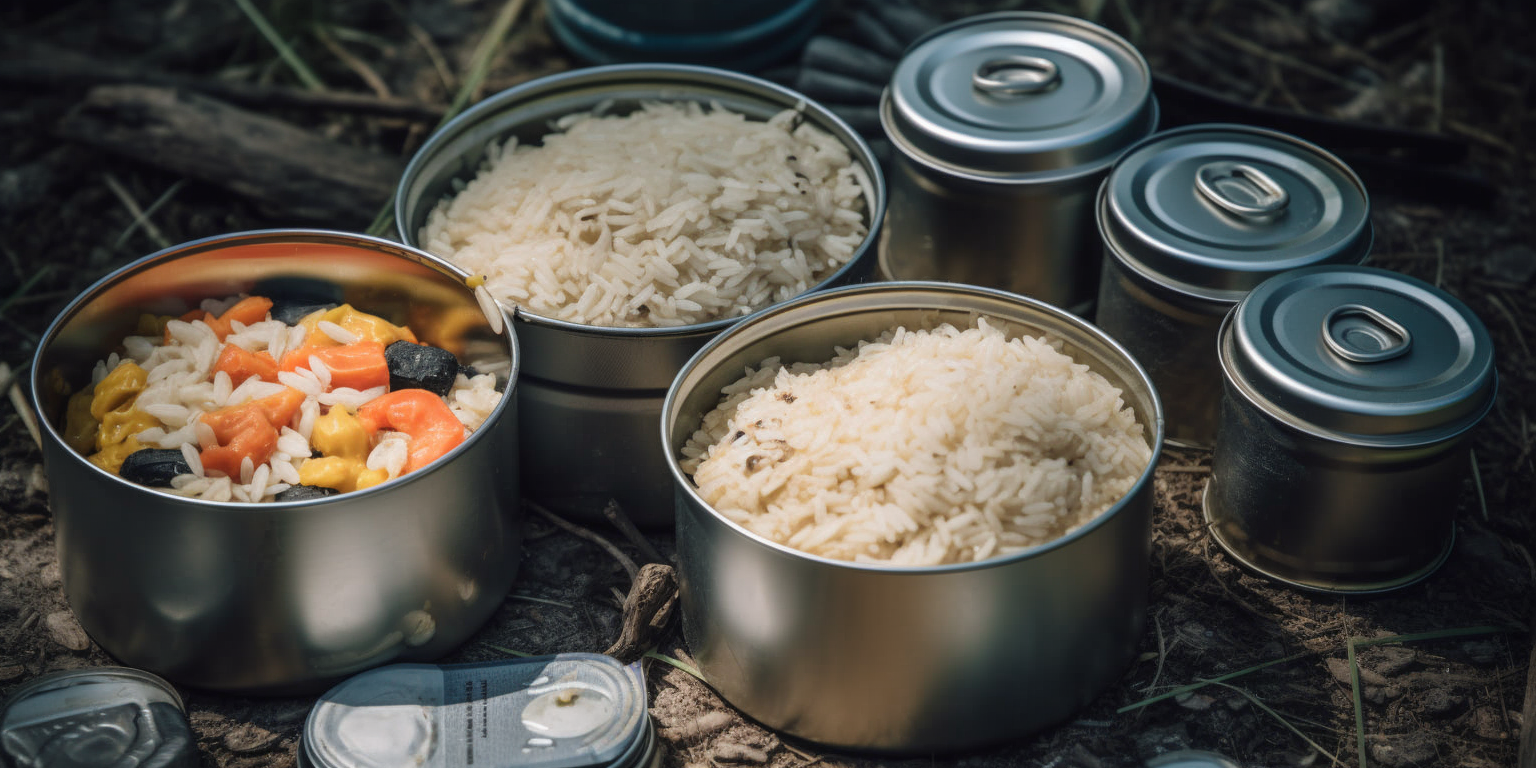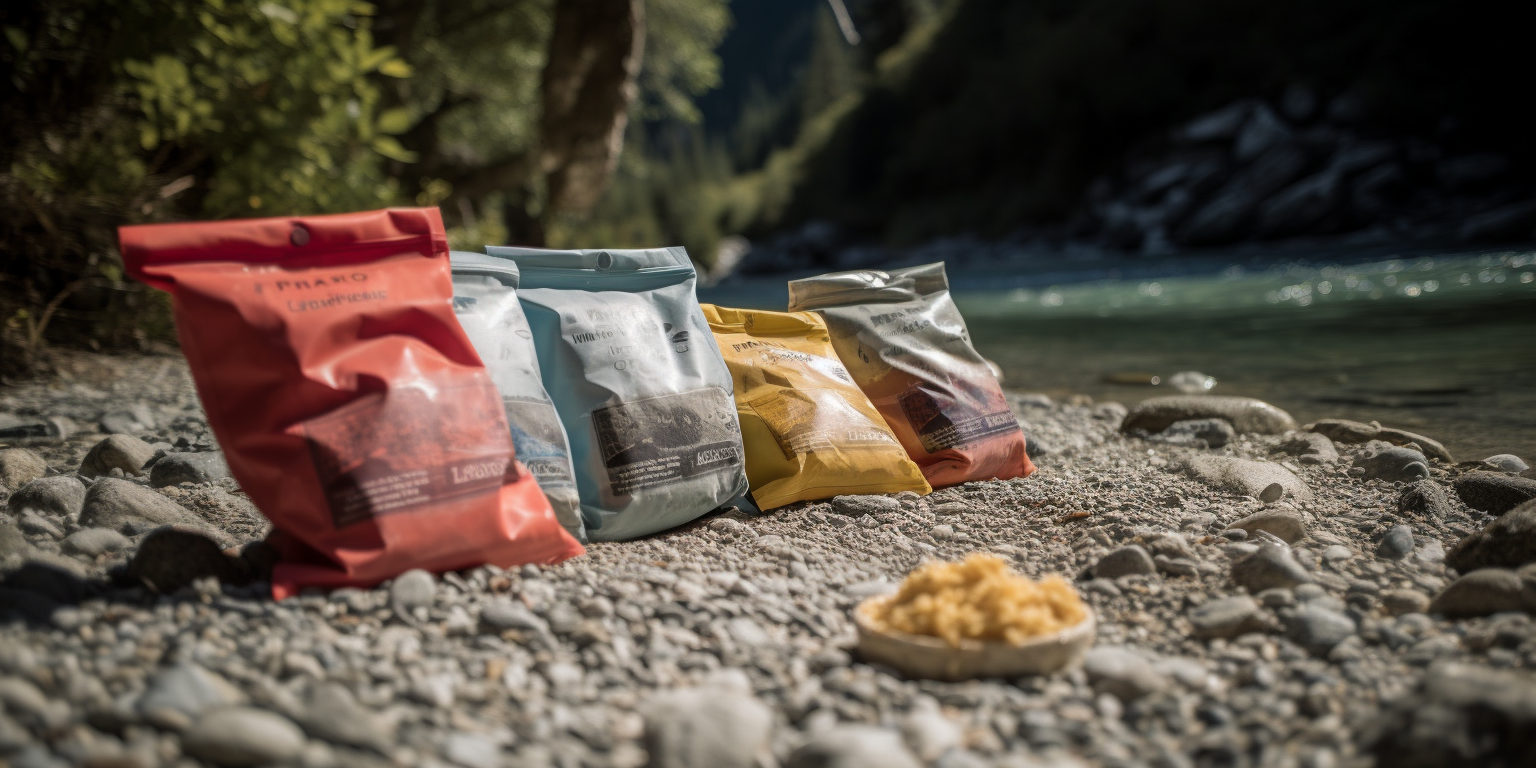
Meal Planning for Extended Outdoor Adventures
Meal Planning for Extended Outdoor Adventures
For those who enjoy longer camping or backpacking trips, meal planning is an essential part of the preparation process. Not only does it ensure that you have enough food to sustain yourself, but it can also make the trip more enjoyable by providing variety and nutrition. This article will provide tips for meal planning for outdoor adventures and expeditions lasting longer than a few days.
Factors to consider when planning meals
When planning meals for an extended outdoor adventure, there are several factors to consider:
a) Nutritional needs: It is essential to ensure that you have enough food to meet your daily nutritional requirements, including carbohydrates, proteins, fats, vitamins, and minerals. These nutrients will help you stay energized and healthy throughout the trip.
b) Calorie requirements: Depending on the length and intensity of your trip, you may need to consume more calories than you usually do. It's important to consider this when planning meals and snacks.
c) Weight and space limitations: When camping or backpacking, weight and space are crucial factors to consider. You will need to carry all of your food with you, so it's essential to choose lightweight and compact options. A study of backpackers in the US* found that the average weight of food carried per person per day was around 1.5 kg. This weight included both food and packaging, highlighting the importance of choosing lightweight and compact options.
d) Cooking facilities: Depending on your trip, you may have access to different cooking facilities. You should plan your meals based on the cooking equipment you will have available.
Creative meal ideas that require minimal cooking or preparation
When camping or backpacking, it's not always possible to cook elaborate meals or spend a lot of time preparing food. Here are some creative meal ideas that require minimal cooking or preparation:
a) Instant oatmeal: A quick and easy breakfast option, simply add boiling water to instant oatmeal and let it sit for a few minutes.
b) Trail mix: A mixture of nuts, seeds, dried fruits, and chocolate chips provides a quick and easy snack.
c) Peanut butter sandwiches: A classic camping meal that requires no cooking and provides protein and carbohydrates.
d) Freeze-dried meals: Freeze-dried meals are lightweight and easy to prepare. Simply add boiling water and let it sit for a few minutes.
e) Tuna and crackers: A convenient and high-protein snack, canned tuna can be eaten with crackers or bread.
Tips for managing food waste and leftovers while in the wilderness
When camping or backpacking, it's important to minimize food waste and manage leftovers. Here are some tips:
a) Plan portion sizes: Plan your meals based on the number of people and their appetite. Avoid making too much food that will go to waste.
b) Pack reusable containers: Pack reusable containers to store leftovers, such as Tupperware or silicone bags.
c) Use scraps: Use vegetable scraps and leftovers to make soups or stews.
d) Properly dispose of waste: Follow Leave No Trace principles and dispose of waste properly.
Best practices for storing and transporting food on extended trips
Storing and transporting food properly is crucial for keeping it fresh and safe to eat. Here are some best practices:
a) Use airtight containers: Store food in airtight containers to prevent moisture and pests from getting in.
b) Store food in a cool, dry place: Store food in a cool, dry place to prevent spoilage.
d) Use a cooler: If you have access to a cooler, use it to keep perishable food fresh.
e) Pack food strategically: Pack food in a way that distributes weight evenly and minimizes the risk of crushing or damaging it.
In conclusion, meal planning is an essential part of preparing for an extended outdoor adventure. By considering nutritional needs, calorie requirements, weight and space limitations, and cooking facilities, you can plan a menu that will sustain and energize you throughout your trip.
*Source: Backcountry Food Trends Survey, 2019
Suggested Articles
Cooking with Freeze-Dried Foods: Creative Recipes for Camping and Emergency Situations
Freeze-dried foods have revolutionized the way we approach cooking in outdoor and emergency scenarios. These lightwei...
Untamed Beauty: The UK's Top 10 Off-Grid Destinations for Adventure Seekers
Discover hidden gems and extraordinary landscapes as you embark on a journey to the United Kingdom's most remote and ...
Keep Calm and Paddle On: Emergency Food Supply for Water-Based Expeditions in the UK
Your guide to staying nourished and prepared for unexpected situations on your kayaking, canoeing, and rafting advent...




